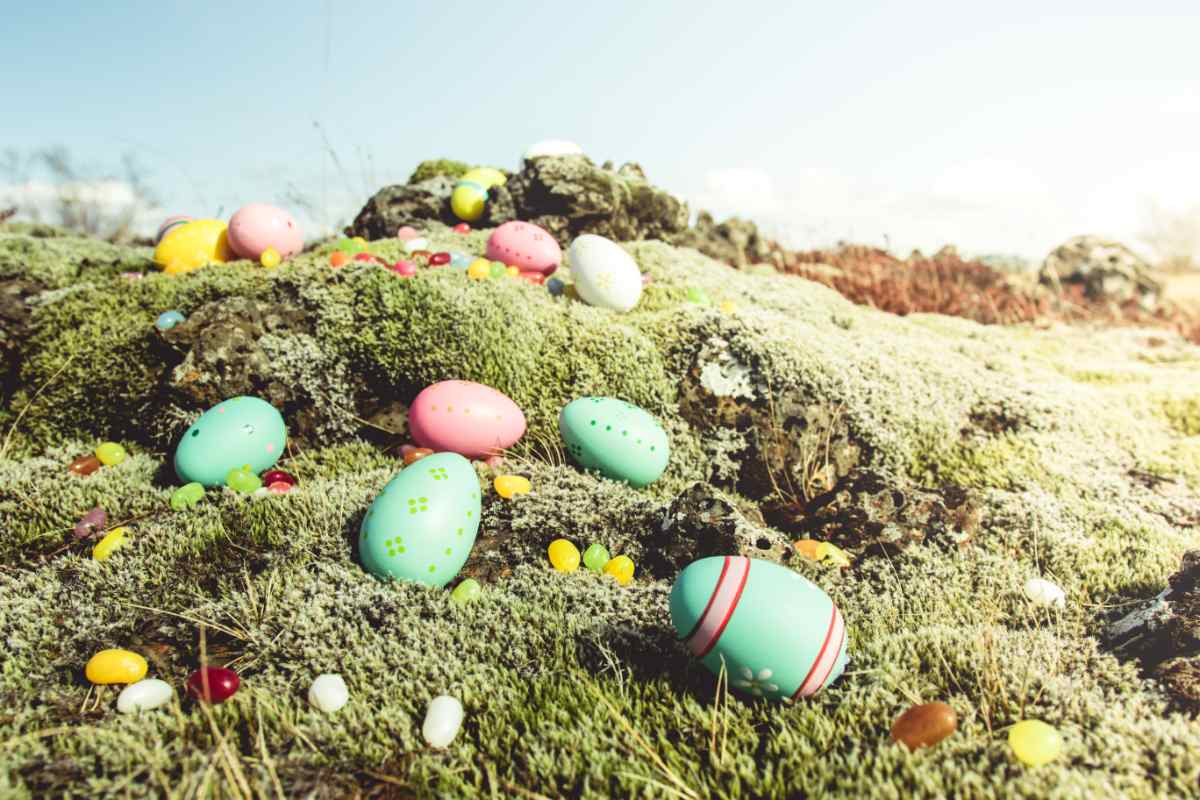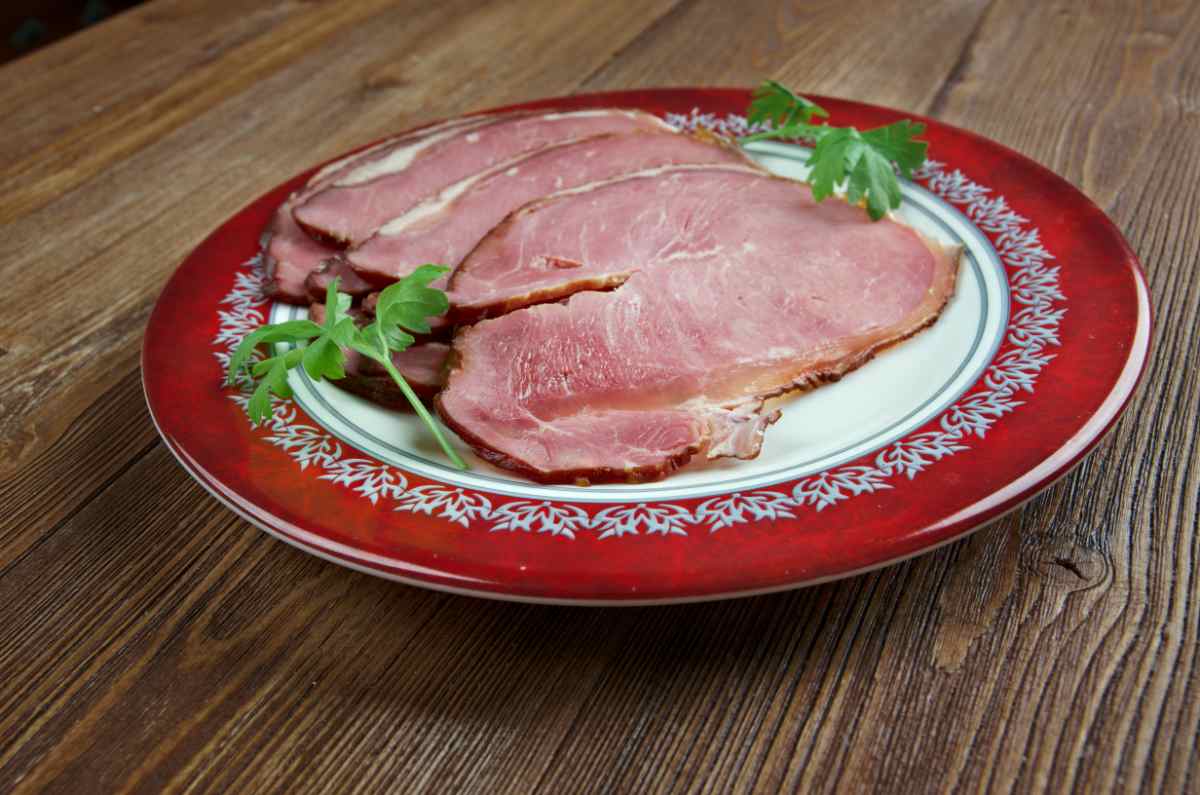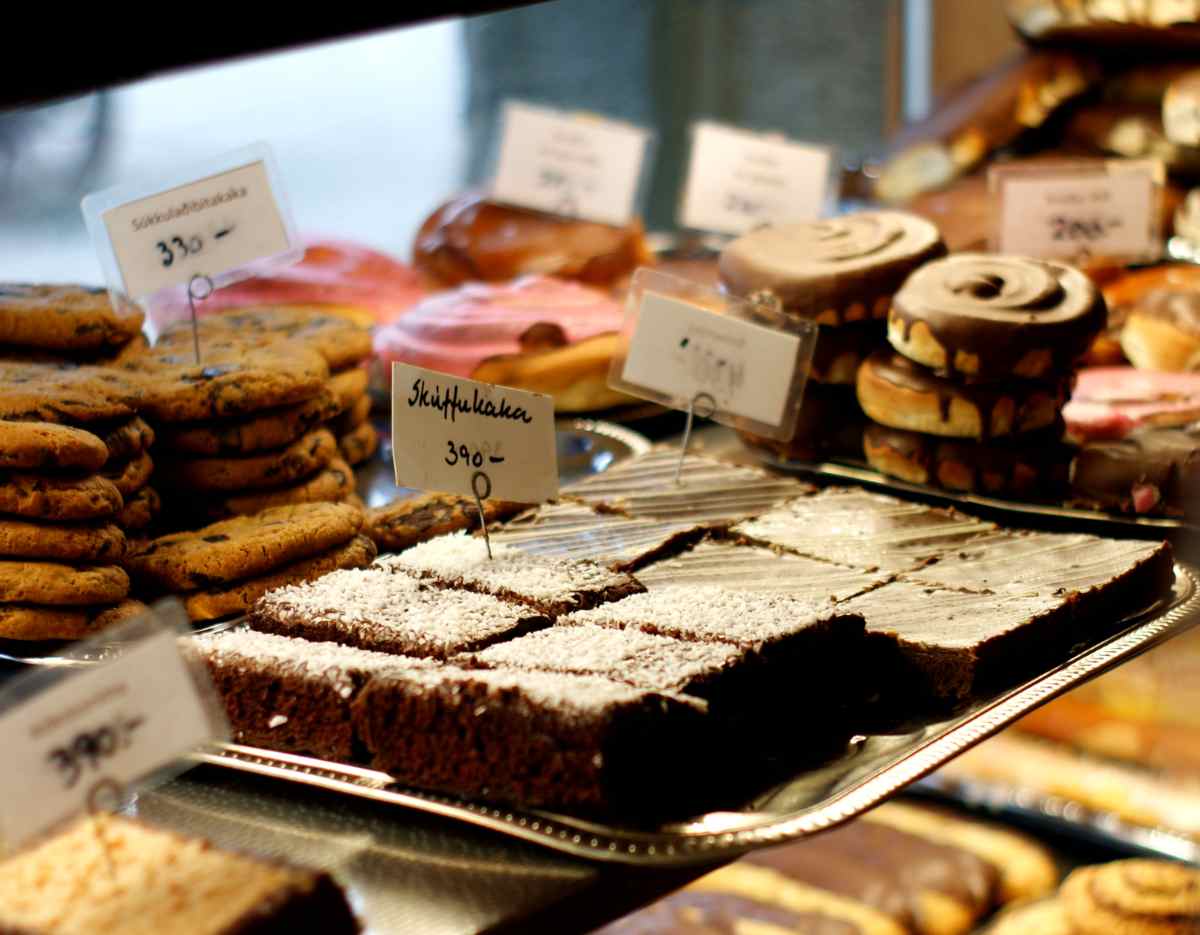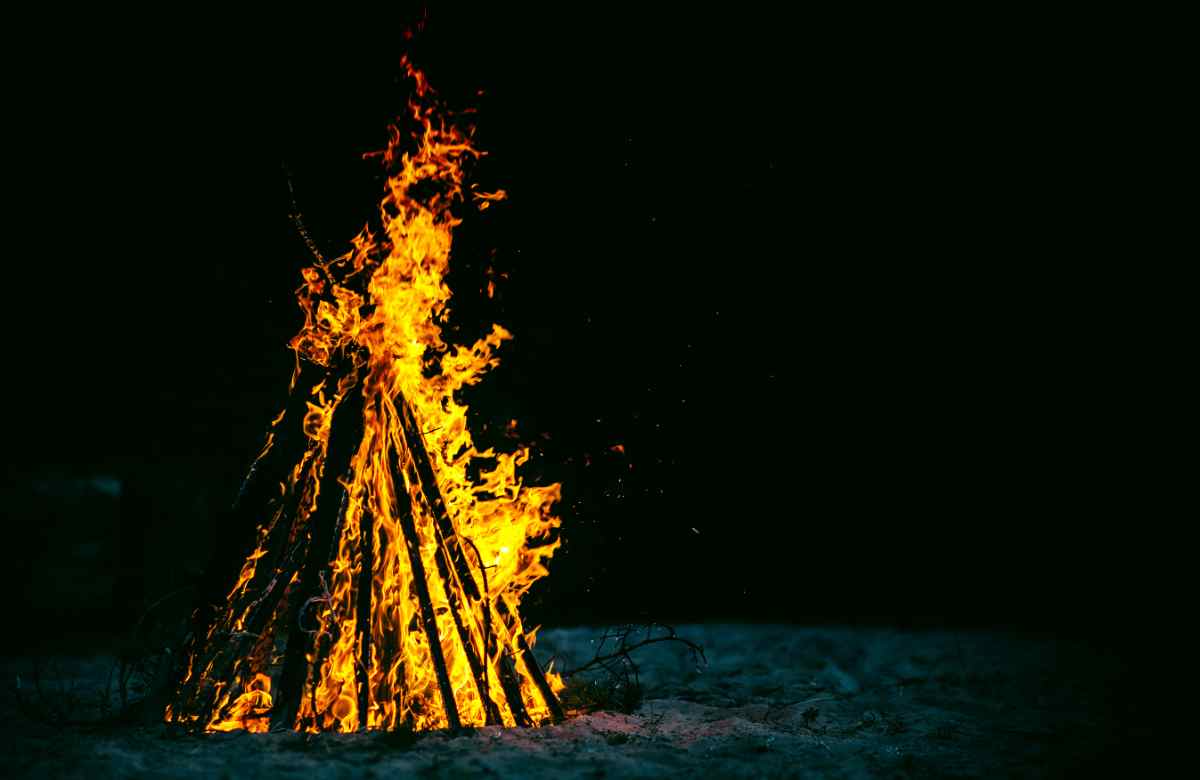Easter in Iceland is a fascinating blend of ancient Viking customs and Christian traditions. The Icelandic people celebrate Iceland Easter uniquely and unforgettably.
Their unique way of observing the holiday sets it apart from the rest of the world. This article explores the history, customs, and traditions of Easter in Iceland. We'll include its iconic Easter eggs and Viking traditions. And, of course, how the modern-day Icelandic people celebrate this memorable holiday.
So if you're looking to experience something unique or just curious about how Easter is celebrated in Iceland, keep reading.
Do they celebrate Easter in Iceland?
Easter is celebrated in Iceland. It is an important religious holiday for the majority of Icelanders, who are primarily Christian. In addition to religious observances, Icelandic Easter celebrations often include traditional activities. The main ones are lighting bonfires, egg decorating, and feasting with family and friends.

Is Easter a good time to visit Iceland?
Easter can be an excellent time to visit Iceland if you are interested in experiencing Icelandic Easter traditions. Additionally, Easter in Iceland falls during the shoulder season. That means it can be a more affordable time to visit than the peak summer months.
Does Iceland shut down for Easter?
Iceland does not shut down for Easter, but some businesses may have reduced hours or be closed on Easter Sunday. Larger cities such as Reykjavik will have more options for dining or entertainment during Easter than smaller towns.
What is traditional Easter food in Iceland?
Traditional Easter food in Iceland includes lamb, fish, potatoes, and side dishes like pickled red cabbage and green beans. The lamb is often slow-cooked or roasted and served with various sauces and gravies. A popular Easter dessert in Iceland is skyr cake, made with skyr (Icelandic yogurt) and often decorated with chocolate eggs.
History of Easter in Iceland
Norwegian and Irish missionaries introduced Easter to Iceland during the country's Christianization in 1000 AD. The holiday has become an essential part of Icelandic culture, symbolizing hope, renewal, and rebirth.
Iceland Easter has evolved, with new customs being added and old ones fading away. For example, the traditional Middle Ages 'paska' feast has grown to include Icelandic dishes like 'hangikjöt' and 'laufabrauð.'
Icelandic people also celebrate 'Cleansing Day' on the Thursday before Easter. In the case of 'Easter bonfire', it is celebrated on the Saturday before Easter.

Iceland Easter Sunday
Easter in Iceland is a significant cultural and religious holiday that locals and tourists alike look forward to. There are many traditional activities that people take part in.
Modern Iceland Easter Sunday traditions and celebrations include:
- Church services: 70% of Icelandic people are members of the Lutheran Church, and it's common to attend church services on Easter Sunday.
- Family gatherings: Easter is a time for families to come together, share a meal, and exchange Easter eggs.
- Easter eggs: Easter eggs in Iceland are unique in containing small gifts or sweets inside. They are beautifully decorated and sold in many shops across the country.
Popular activities during the Iceland Easter time include:
- Stopping by local chocolate shops: Many chocolate shops offer unique creations. You'll find Icelandic-style Easter eggs and other chocolates during Easter.
- Icelandic egg hunt: Every Good Friday, the island of Viðey near Reykjavík opens its doors to everyone for a fun Easter egg hunt! Spend the day wandering around and discovering hidden eggs in nooks and crannies. It's an event filled with joy and suitable for families and individuals alike.
- Skiing and snowboarding: Head to Hlíðarfjall mountain near Akureyri for a fantastic day of skiing and snowboarding. The mountain is open during Easter, offering the perfect opportunity to experience the best of Icelandic winter sports.
- Cultural events and Music Festivals: Iceland hosts various music festivals during Easter. It includes the famous 'Aldrei fór ég suður' festival in Ísafjörður, which showcases a range of Icelandic musicians and draws thousands of attendees each year.

Easter Eggs in Iceland
Easter eggs in Iceland are essential to Easter celebrations and have unique designs and traditions.
Here are some of the aspects of Icelandic Easter eggs:
- Designs and decorations. Icelandic Easter eggs are known for their intricate and beautiful designs. They are usually made of milk chocolate and decorated with colorful patterns, illustrations, and landscapes. Some Easter eggs in Iceland even feature famous landmarks like glaciers and waterfalls. That really makes them popular souvenirs.
- Importance of chocolate. Easter is a particular time of year in Iceland, and chocolate plays an important role. The traditional Icelandic Easter treat is the Lindu Buff, a creamy inside covered in milk chocolate. Other popular treats include Nói Síríus chocolates, produced by the family-owned company since 1920.
- Role in Icelandic folklore. The tradition of giving Easter eggs is relatively recent in Iceland, introduced in the early 20th century. However, it has become a beloved part of the culture, with chocolate Easter eggs filled with candy and sweets.

Viking Easter Traditions
Viking Easter traditions were an essential part of the cultural heritage of Iceland, where Vikings settled in the 9th century. These traditions were deeply rooted in the pagan beliefs of the Vikings. They played a significant role in shaping modern Icelandic Easter celebrations.
Here are some of the Viking Easter traditions that influenced modern Iceland Easter celebrations:
- Lighting bonfires: The Vikings celebrated spring's arrival with bonfires, a symbol of the returning sun and the end of the long, dark winter. This tradition remains in Iceland, where many communities have lit bonfires on Easter Sunday.
- Egg decorating: The Vikings believed that eggs symbolized new life and fertility. They decorated the eggs with intricate patterns and symbols. This tradition has been carried on in Iceland, where Easter eggs are a popular decoration and gift.
- Feasting: The Vikings were known for feasting and celebration, and Easter in Iceland was no exception. They would gather together to share food and drink. This tradition still exists in Iceland, where families come together for traditional Easter meals.
- Religious observance: While the Vikings were pagans, Christianity was introduced to Iceland in the 10th century. It has since become a significant part of Easter celebrations. The Vikings' reverence for the changing seasons and the power of nature is still reflected in modern Icelandic Easter observances.
- Role of fire and light: Fire and light were an essential part of Viking Easter celebrations. It symbolizes the rebirth of the sun and the coming of spring. This is reflected in modern Icelandic Easter celebrations with the lighting of bonfires and candles.

Discovering Icelandic Easter Traditions
The Iceland Easter celebrations blend pagan Viking traditions and Christian customs. From the unique Easter eggs to the lighting of bonfires, Icelandic Easter retains many of its traditional elements. Moreover, the modern Icelandic Easter celebrations still preserve the reverence for nature and new life.
This helps create an unforgettable experience for all those who participate in this special time of the year. Don't forget that Christmas in Iceland is also a winter wonderland, and it's a great time to visit the country to experience its beautiful celebrations.


 By
By


